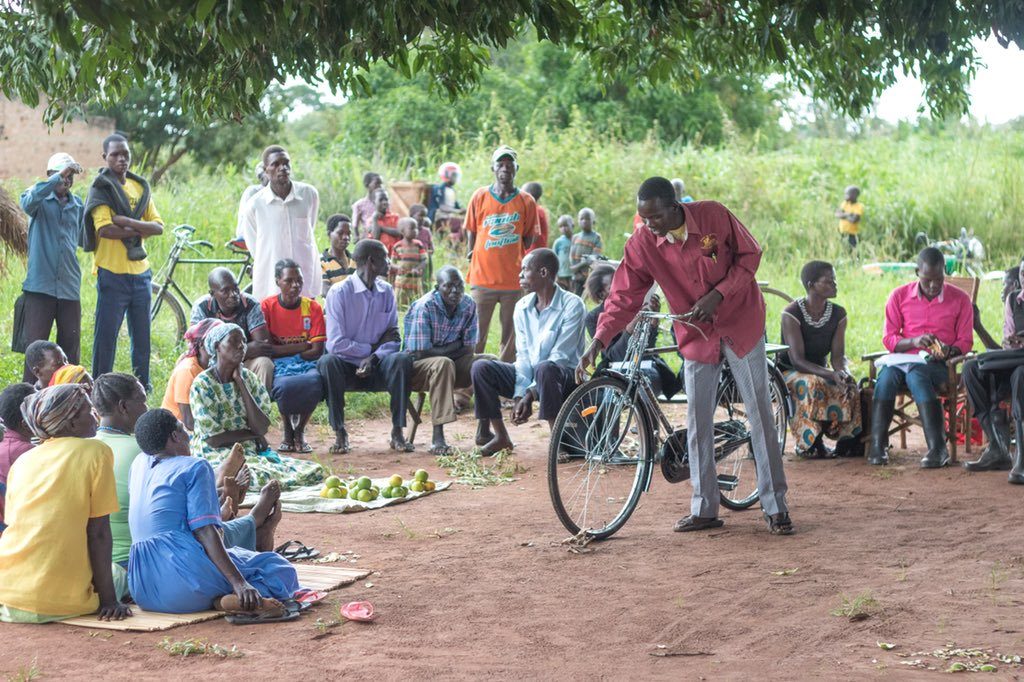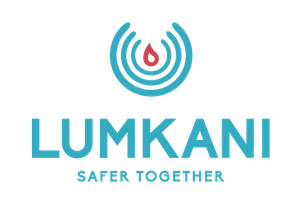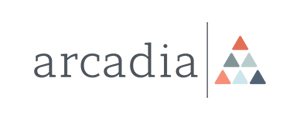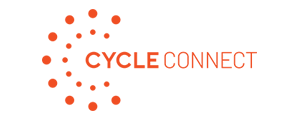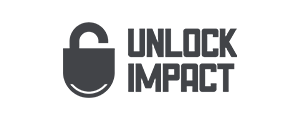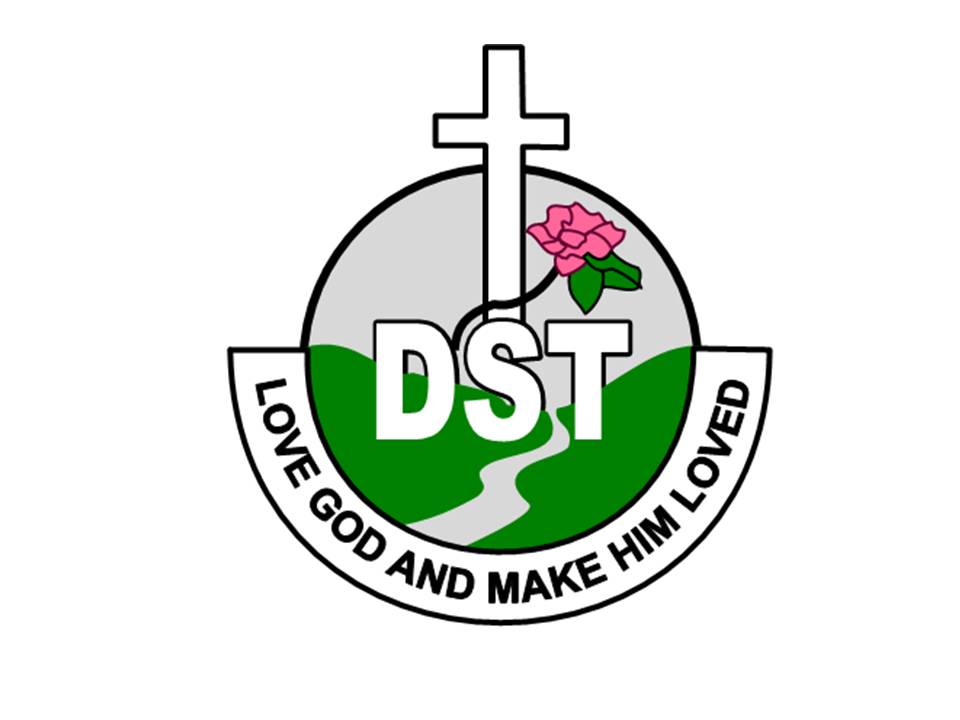
Sharing insights and stories from the field to help early-stage entrepreneurs effect change through their social businesses.
By Bart Burstein | Co-founder, Pace Able Foundation
On the surface, Gulu (Uganda), Hanoi (Vietnam), and Johannesburg (South Africa) don’t have much in common. To us they do: Pace Able is currently supporting impact startups in all three. These companies have vastly different audiences, environments, and stages of development. But there is a singular, more significant common thread running through each. They all have dedicated leaders and committed teams working hard to improve lives through their businesses.
Yes, these organizations were built around the goal of creating some form of social change. But they are businesses, just like their private sector startup peers. And this is a central theme of our efforts at Pace Able: working with early-stage impact startups using proven methodologies of high tech startups, but for societal benefit.
From a microfinance initiative providing deep-rural farmers with bicycles in Uganda. To a woman-founded agricultural enterprise producing and marketing vegetables in Vietnam. To a physician-led technology company bringing medication information to doctors in South Africa. All can benefit by applying a bare-bones startup success methodology to their operations. Or perhaps the better label is ‘alchemy’, because it’s a mixture of methodology and know-how – judgment calls based on experience.
Let’s take a look at both sides.
Data-based analysis can help, sure. But it still has to be applied using common sense, discussion, experience, and trial and error.
A MYSTERIOUS MIX OF METHODOLOGY & KNOW-HOW
Some success metrics are straightforward, based on math, and demand awareness of the implications of realities based on set calculations.
Do you have a positive balance in your bank account? In almost all cases and across all sectors, a negative answer to this question is a problem. Do customers pay more for your product or service than it costs to produce or offer it? Often in the early stages of business, the answer to this question may actually be “no”. And there’s usually a longer explanation, like the temporary (or permanent) need for philanthropic support or government subsidies to make the model work. Either way, it’s important to have all the facts and figures identified, agreed upon, and periodically reviewed and adjusted.
But other aspects of a startup can benefit from a more nuanced approach to decision making. One good example is in regards to personnel – how you organize your business, how you go about attracting and hiring early employees, how you make decisions and communicate them. The skills used to approach these topics are truly a mysterious mix. Of what? Data analysis can help, sure. But it still has to be applied and interpreted using common sense, discussion, and trial and error.
THE IMPORTANCE OF CUSTOMER UNDERSTANDING
In Pace Able’s formula, another part of the mysterious decision-making mix is this: listen to the customer – early, often, and with discipline.
My professional background is developing and selling products and services. Social impact startups also develop and sell products or services. And if there’s a product or service, there is always a customer. In my private sector past, engineers and marketing teams would develop a product idea followed by an early product. We’d be convinced our idea would meet a customer need. Yet this was always false. By developing a product before determining and validating a true need, we missed what the customer wanted, would pay for, or could get a hold of. Through rapid reaction to these misses, iterative trials, and listening to early customers – we eventually found the product that worked. But it took time and money to get there.
A social impact startup is trying to solve a problem – often several problems. The approach may in fact reduce particulate matter in the air, make clean water more available, or provide tools to make crop harvesting more technologically advanced. But to succeed, the product being offered must be compelling, actually needed, and available to buy at an accessible price to the target customer. As effective as the social impact solution may be, without customers buying and buying again, there will be no impact.
Experts – far more so than me – have developed methodologies to orient a company’s development process around listening to customer needs and implementing them – optimizing time to market and cost to get there. My go-to source is the Lean Startup. (Here is a blog post that explains the methodology succinctly from the inventor, Steve Blank.)
We want to share our collective learnings to help entrepreneurs get right to work and avoid the pitfalls we’ve already tumbled into.
FINDING & LEARNING ON COMMON GROUND
These are just a very few small examples – that only scratch the surface – of the parallels between working with tech startups in the U.S. and early-stage social impact entrepreneurs in the developing world.
Pace Able Foundation believes that Silicon Valley startup alchemy applies well – with some modifications for context to be sure – in the likes of Gulu, Hanoi, and Johannesburg. We would even argue that social impact startups face tougher challenges, making turbo-charging decision making and leadership development all the more needed and useful.
Our approach to supporting social impact entrepreneurs is to work with management where we find common ground: a strong desire to succeed, a clear vision of the goal, and a genuine belief in the impact potential of the early stage company.
Drawing on our past and ongoing experiences with startups across both sectors, we are sharing our collective learnings to help entrepreneurs get right to work and avoid the pitfalls we’ve already tumbled into. So we created this blog to document our insights and give our grantee partners a platform to tell their real stories of trial, tribulation, and triumph from the field.
We’re excited to be taking this journey with our partners – contributing a few tips to go faster and avoid cul-de-sacs. And learning from each other along the way.

A field team demonstration outside Gulu, Uganda for Cycle Connect. 
Fargreen farmers in Hanoi, Vietnam.

